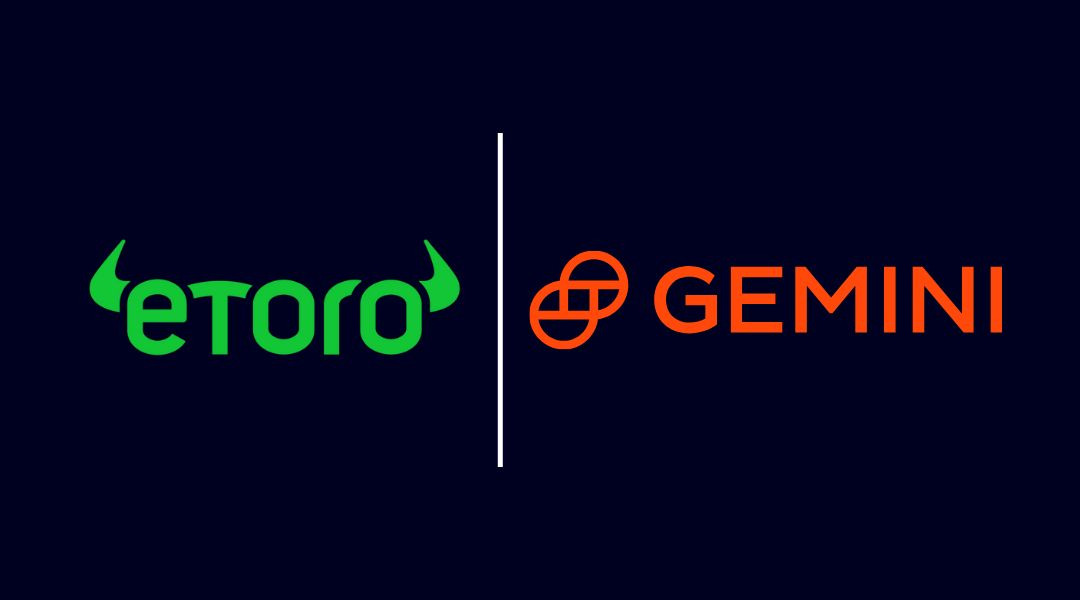The Securities and Exchange Commission (SEC) announced charges against Harvest Volatility Management LLC and Merrill Lynch, Pierce, Fenner & Smith Inc. These charges arise from violations related to exceeding clients' designated investment limits over a two-year period, beginning in March 2016.
This resulted in clients paying higher fees, facing increased market exposure, and incurring investment losses. Both companies have agreed to pay a total of $9.3 million in penalties and disgorgement to resolve the SEC’s claims.
Investors Face Increased Risks
According to the SEC’s findings, Harvest served as the primary investment adviser and portfolio manager for the Collateral Yield Enhancement Strategy (CYES). The strategy involved trading options in a volatility index to generate additional returns.
Starting in 2016, Harvest allowed numerous accounts to exceed the exposure limits set by investors when they initially signed up for the CYES strategy. Some accounts exceeded the limits by 50 percent or more. This led to larger management fees for both Merrill and Harvest, while investors were subjected to greater financial risks.
Merrill introduced its clients to Harvest and received a share of the management and incentive fees, along with trading commissions. The SEC found that Merrill was aware of the exposure levels surpassing pre-set limits but failed to adequately inform its clients, most of whom had existing advisory relationships with Merrill.
Mark Cave, Associate Director of the SEC’s Enforcement Division, said: “Today’s action holds Merrill and Harvest accountable for dropping the ball in executing these basic duties to their clients, even as their clients’ financial exposure grew well beyond predetermined limits.”
SEC Penalizes Harvest, Merrill
The SEC further found that both Harvest and Merrill failed to adopt and implement sufficient policies to disclose these facts to clients and inform them of the excessive exposure.
The SEC found that both Harvest and Merrill Lynch broke investment rules. Without admitting or denying this, Harvest agreed to pay a $2 million penalty, while Merrill Lynch will pay $1 million.
Harvest will also return $3.5 million in ill-gotten gains and interest, and Merrill Lynch will return $2.8 million. Both companies will be officially reprimanded and ordered to stop their improper practices.


















